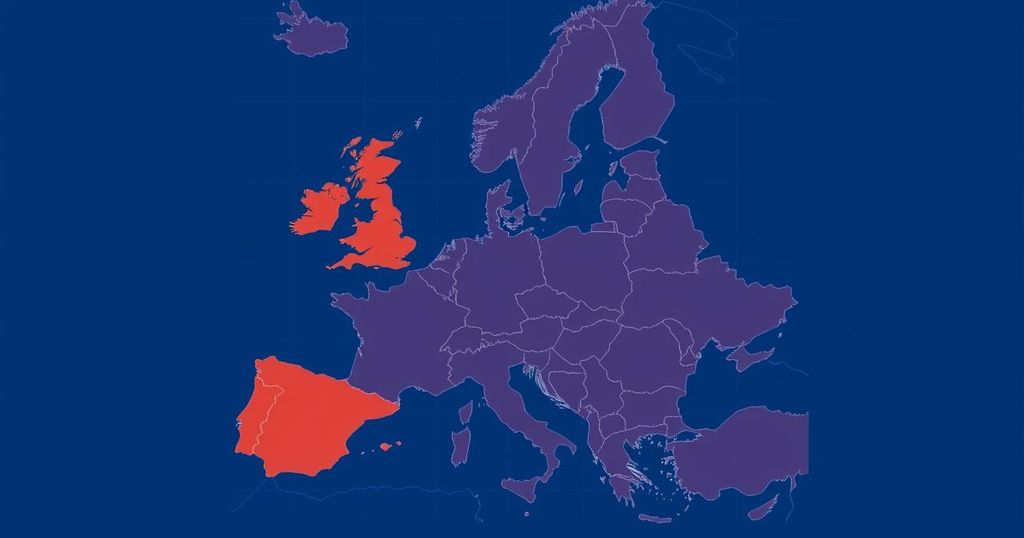Trump’s Election: A Turning Point Towards Protectionism for Europe
Donald Trump’s election signals a shift towards protectionism, with proposed tariffs potentially harming EU economies already grappling with sluggish growth. Despite claims of economic revitalization through tariffs, evidence from Trump’s first term reveals limited success, resulting in increased trade deficits and higher consumer prices. The EU faces urgent challenges in formulating a response to this new economic landscape.
The election of Donald Trump heralds a shift towards unprecedented global protectionism reminiscent of the 1930s. The president-elect has indicated his intention to apply substantial tariffs on a range of imports, including a possible 60% on Chinese goods. In this context, the European Union (EU) finds itself at a critical juncture; lacking strong leadership and facing sluggish economic growth, the EU must devise a strategy to combat the looming protectionist policies. Trump’s remarks during his campaign, particularly his statement, “Tariff is the most beautiful word in the dictionary,” reflect his commitment to these policies, believed to minimize the trade deficit while stimulating domestic manufacturing. However, the effectiveness of such tariffs may be overstated, as the primary determinants of a country’s trade balance hinge on broader economic factors such as savings, investment, and consumption. The reality of the situation indicates that despite rising tariffs, the United States experienced an increase in its trade deficit by 25% during Trump’s previous tenure, without the promised resurgence in industrial employment. Rising costs of imported materials adversely impacted production expenses in the U.S. economy and ultimately affected consumers more than exporters. Despite the unfulfilled economic expectations tied to Trump’s initial protectionist measures, they succeeded politically, as his voter base has continued to demand stricter tariffs. However, the National Retail Federation noted that Trump’s proposed tariffs could cut U.S. consumer purchasing power significantly, underscoring a contradiction between combating inflation and the potential for policies that may exacerbate it. In summary, Trump’s election represents a pivotal moment for both U.S. and global economics, where Europe, particularly the EU, must respond effectively to these new challenges while managing its internal weaknesses.
The article discusses the implications of Donald Trump’s election as U.S. President, particularly focusing on the projected shift towards a protectionist economic policy reminiscent of the 1930s. The text highlights how Europe’s lack of strong leadership and economic growth complicates its ability to respond to potential new tariffs from the U.S. Furthermore, it critiques the perceived benefits of such tariffs and their actual economic consequences, providing a broader context for the challenges facing the global economy as influenced by Trump’s administration.
In conclusion, Donald Trump’s impending presidency poses significant challenges for Europe, as it may lead to an era dominated by protectionist economic policies. The EU’s current vulnerabilities, coupled with Trump’s commitment to imposing high tariffs, necessitate a strategic response to safeguard its economic interests. While Trump’s protective measures may appeal to certain voter demographics, the potential economic repercussions warrant careful consideration by European leaders.
Original Source: www.lemonde.fr




Post Comment